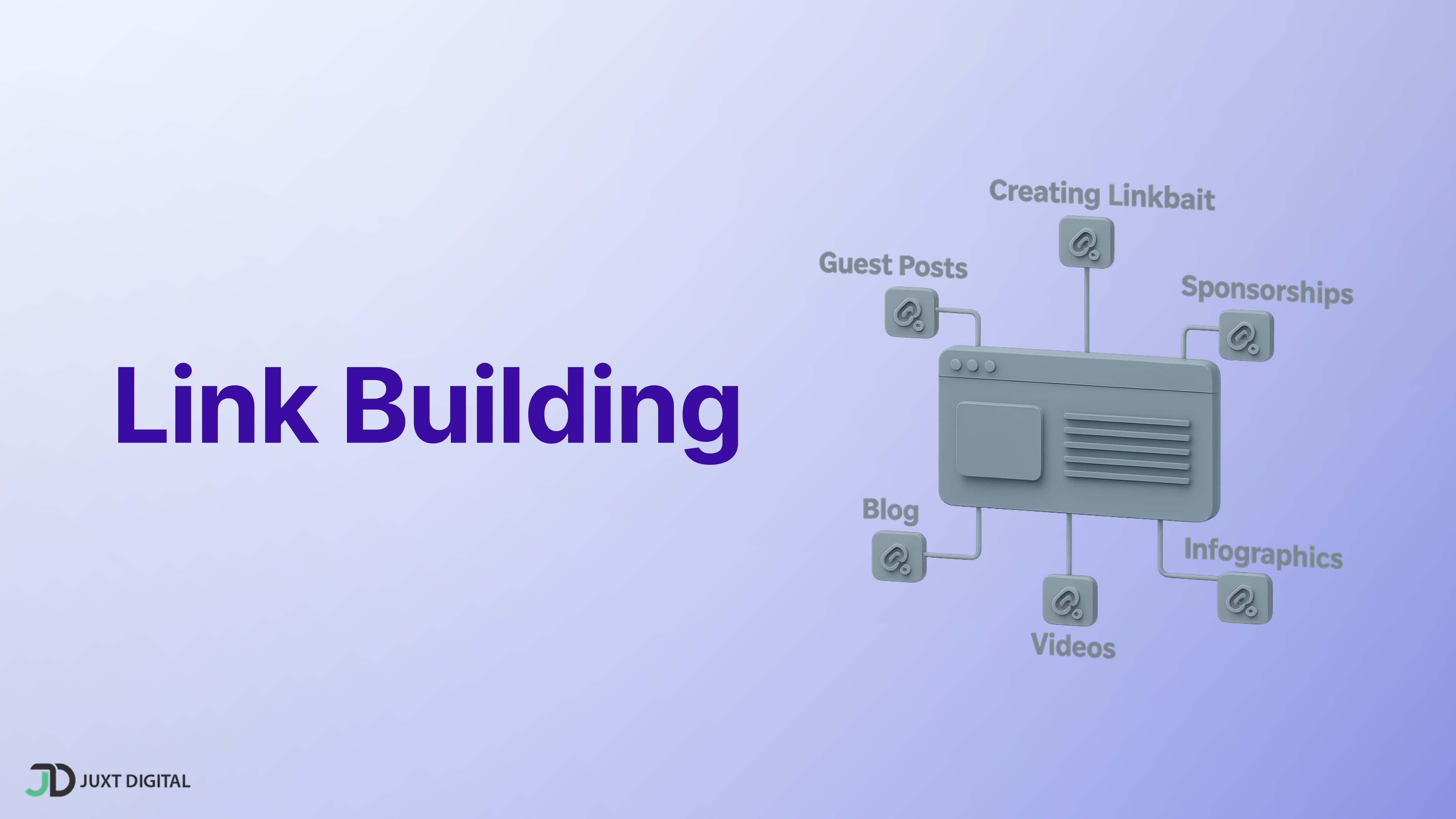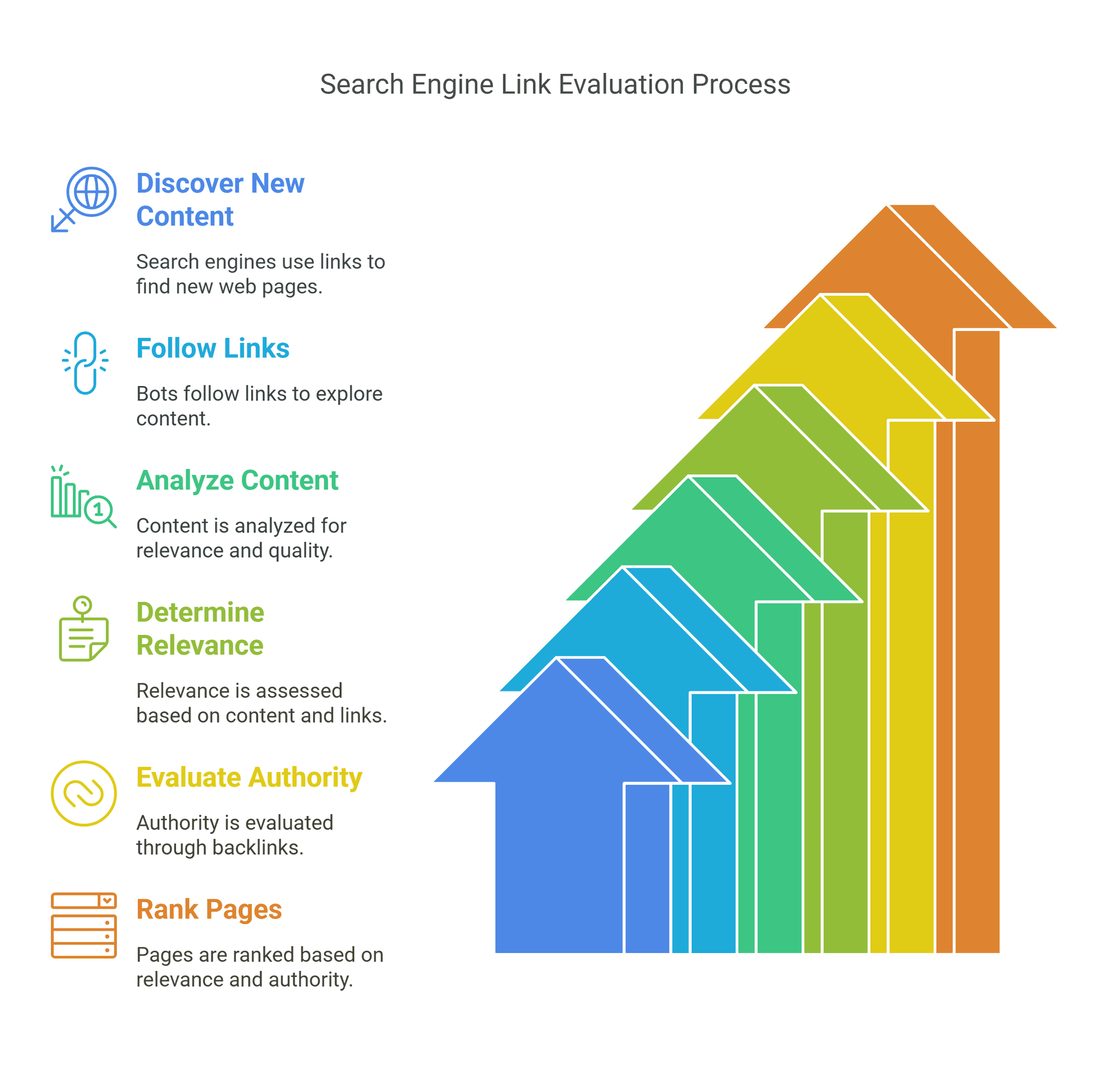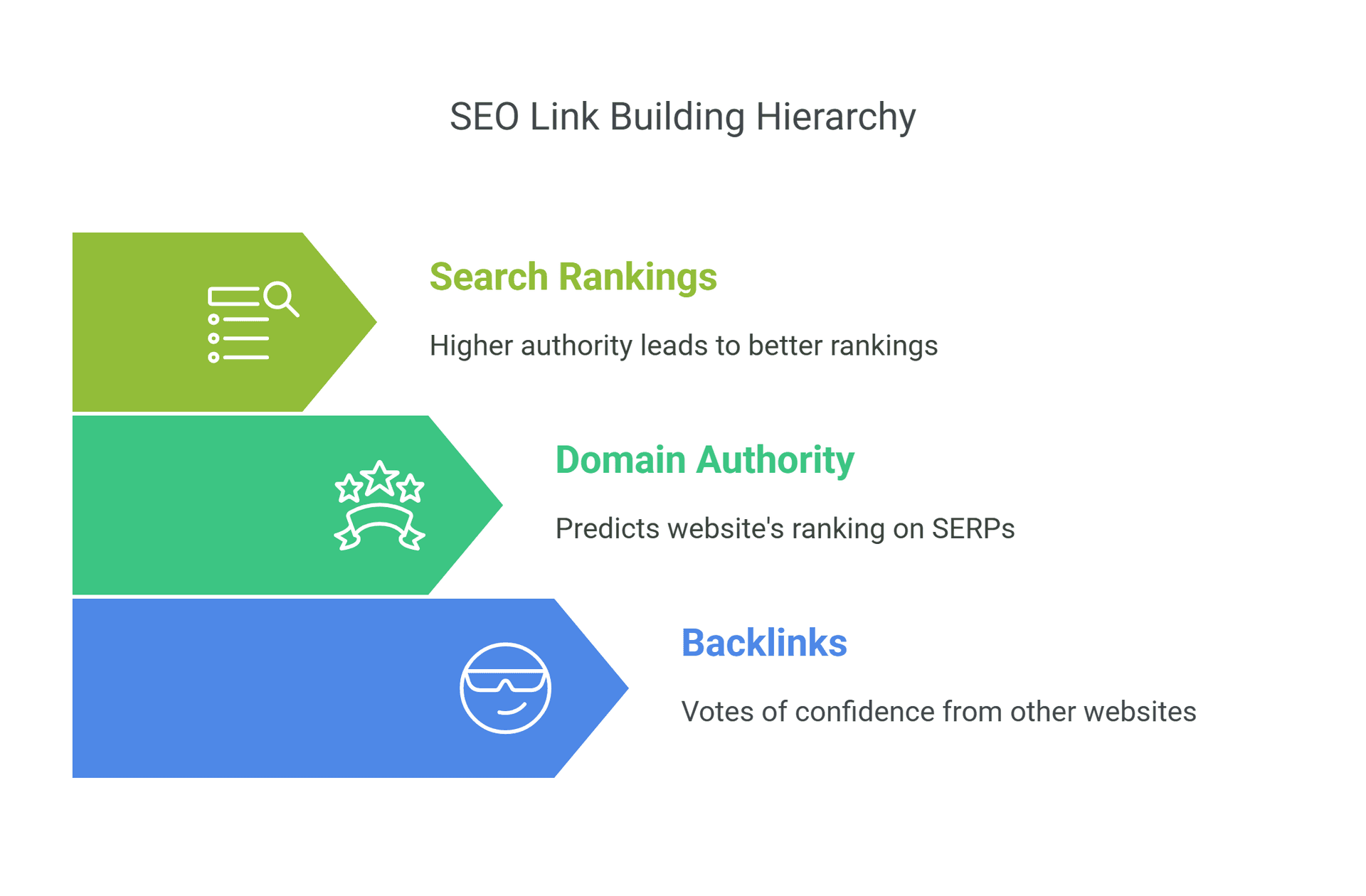Link building is a crucial aspect of Search Engine Optimization (SEO) that can significantly impact your website's visibility and ranking in search engine results pages (SERPs). Instead of just appearing in search results, imagine your website being among the top results, attracting more visitors and potential customers. That's the power of link building. This comprehensive guide will delve into the intricacies of link building, exploring its importance, various types, effective strategies, potential risks, and methods for measuring success.
Defining Link Building in the Context of SEO
Link building, in the realm of SEO, refers to the practice of acquiring hyperlinks from external websites to your own. These hyperlinks, also known as backlinks, play a vital role in improving a website's search engine visibility. Think of backlinks as endorsements from other websites, vouching for the quality and relevance of your content. Search engines, like Google, consider backlinks as a significant ranking factor, as they indicate the credibility and authority of a website. The more high-quality backlinks a website has, the more likely it is to rank higher in search results.
Link building is an ongoing process that involves various strategies, such as content marketing, creating valuable tools, email outreach, and public relations. By actively pursuing link-building opportunities, website owners can enhance their online presence and attract more organic traffic. But it's not just about getting any link; it's about getting links from reputable and relevant websites. This is where the concept of "natural link building" comes in. Natural link building focuses on earning links organically by creating high-quality content that other websites naturally want to link to. This approach is favored by search engines and is more sustainable in the long run. On the other hand, "black-hat SEO" involves manipulative tactics to acquire links, which can result in penalties from search engines.






